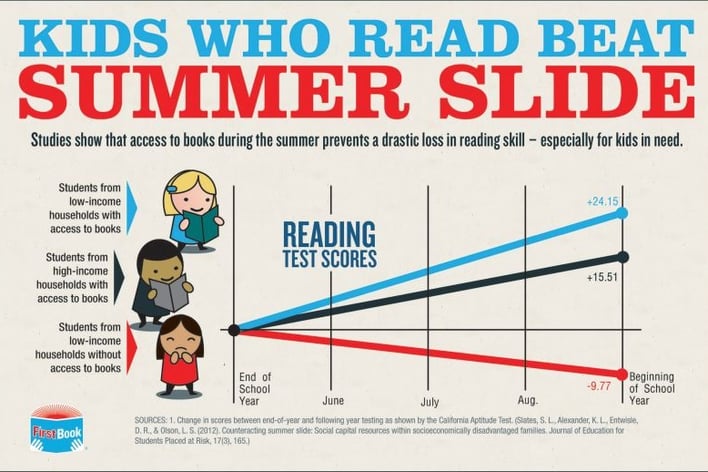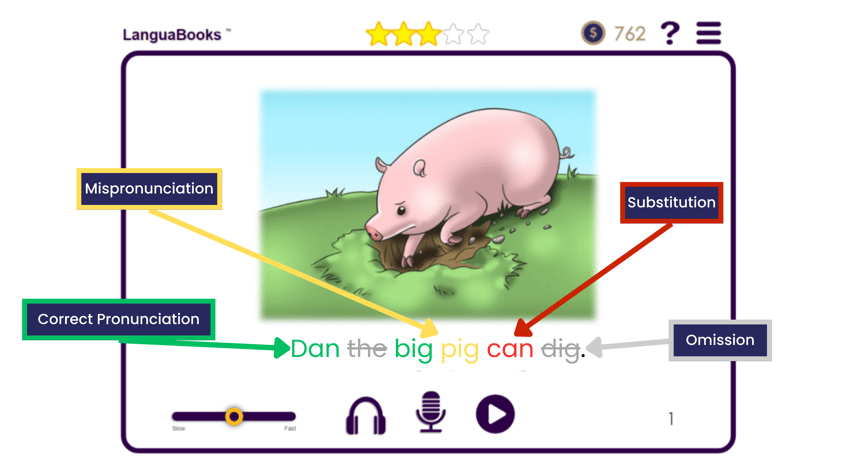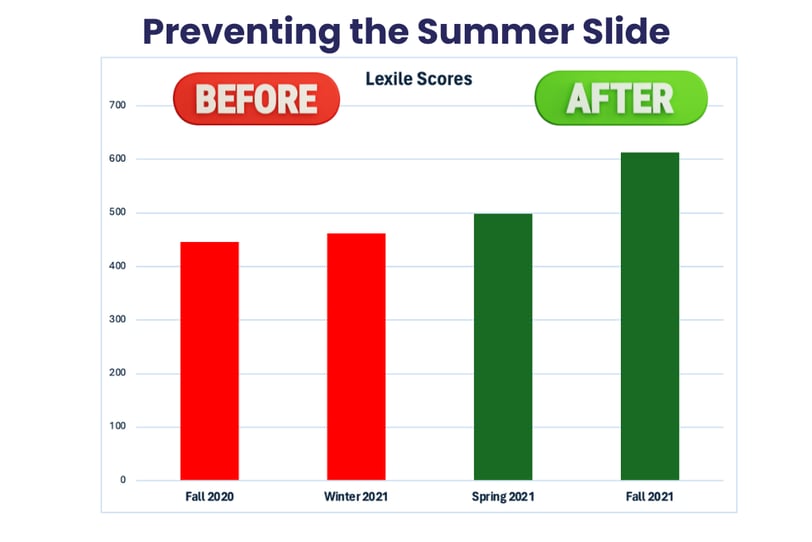Combatting the Summer Slide withThe Dyslexperts
The "summer slide" refers to the loss of academic skills over the summer, particularly in reading, which can widen the achievement gap among students. The Dyslexperts combat this issue by integrating the RevLearning Suite into summer plans, turning reading into an engaging and rewarding game. This approach not only prevents skill loss but also enhances reading proficiency, significantly improving student reading in a short period.
Samantha VanLiew, Ed.S., M.Ed., MBA, MPP
5/26/20243 min read
As the school year winds down, parents and educators often worry about the "summer slide" – the tendency for students to lose some of the academic gains they made during the previous school year. This is particularly concerning in reading, where students can lose valuable skills and fall behind their peers. The Dyslexperts do not take the summer off! Our strategies can seamlessly integrate into your summer plans, helping combat the summer slide and close the reading achievement gaps among students.
Understanding the Summer Slide
The summer slide refers to the decline in academic skills and knowledge over the summer months when school is not in session. Research shows that students can lose up to two months of reading skills during the summer break. Over time, this cumulative loss can widen the achievement gap, making it harder for some students to catch up with their peers.
The Power of Reading
Reading is a critical skill that underpins success in many academic areas. Regular reading practice can help maintain and even improve reading proficiency during the summer months. However, keeping children engaged and motivated to read outside the structured environment of school can be challenging, as they often prioritize video games and other recreational activities.


How Do We Do It?
We use the RevLearning Suite platform to turn reading into a game, offering a great alternative to traditional video games. Here’s how it works:
Listen and Learn: Each page starts with a professional voice actor reading aloud, helping children understand the rhythm and pronunciation.
Read Aloud: Next, the child reads the same page out loud.
Instant Feedback: Using proprietary AI technology, the text on the screen changes color to show how they did.
Green: Correct words
Red: Incorrect words (Substitution)
Yellow: Pronunciation errors
Grey: Skipped words (Omission)


Earn Stars and Coins: Making Reading Fun and Rewarding
Earning stars and rewards can make reading a more engaging activity for kids. Here’s how it works:
Earn Stars: Children earn stars based on the percentage of correctly read words, which are shown in green.
Convert Stars to Coins: At the end of the book, the stars convert into coins.
Set Goals: Coins can be used to set and achieve goals. For example, 50 coins could earn an ice cream and park date, or 100 coins could mean a day at the park.
This system motivates kids to read and reread until they master the words.
The real benefit lies in turning reading practice into an enjoyable game, encouraging children to engage more with their reading and see noticeable improvements in their reading skills.
Proven Results: A Story of Overcoming Reading Challenges
In the summer of 2021, Samantha worked with a student who faced significant reading difficulties across all areas: basic reading skills, reading fluency, and reading comprehension. Despite being a hard worker, the student struggled particularly with reading fluency and comprehension.
During the summer, the student received systematic, explicit multisensory reading instruction paired with FluencyRev™ from the RevLearning Suite for independent reading and skill application. Books assigned through FluencyRev™ were tailored to the student's independent reading level. Instruction was provided both in-person and remotely via WebEx.
Progress Over Time
In the fall of 2020, the student's Lexile level was 446, equivalent to a mid-second grade reading level. Despite receiving typical special education services, the student's Lexile level only increased to 462 by the winter of 2020, a modest gain of 16 points.
Before starting the summer program, the student's Lexile level was 498, still around a mid- to late-second grade reading level. After six weeks of the summer program, the student’s Lexile level had risen to 613, equating to an early- to mid-third grade reading level.


Effective Summer Program
The summer program involved using FluencyRev™ one to two times a week, supplemented by a 10 to 15-minute Orton-Gillingham lesson two additional days a week. Over eight weeks, this approach led to an impressive growth of 116 points in the student’s Lexile level. For comparison, in the term prior to this intervention, the student’s Lexile level increased by only 16 points.
This summer program demonstrated how targeted, systematic instruction combined with innovative tools like FluencyRev™ can significantly enhance a student's reading skills in a relatively short period.
Conclusion
The summer slide is a real and pressing issue that can greatly impact a student's academic journey. With The Dyslexperts leveraging tools like the RevLearning Suite, parents and educators can ensure that students not only retain their reading skills over the summer but also enhance them. By providing engaging, personalized, and accessible reading resources, The Dyslexperts helps combat the summer slide and closes the reading achievement gap, paving the way for a more equitable and successful educational experience for all kids.
